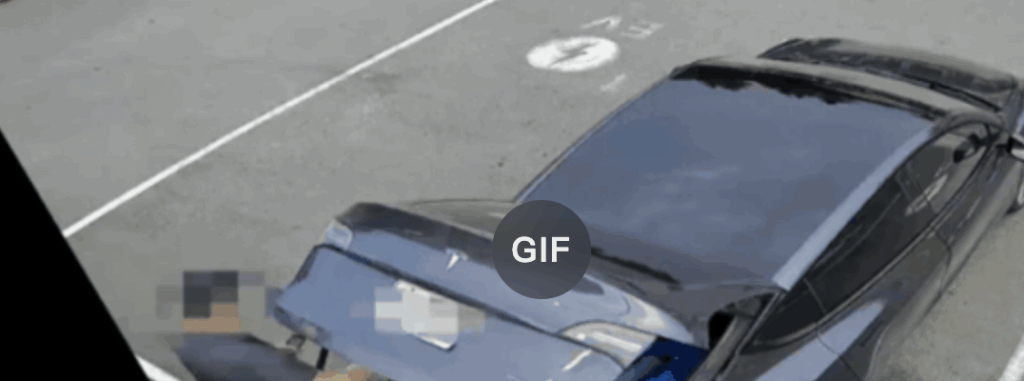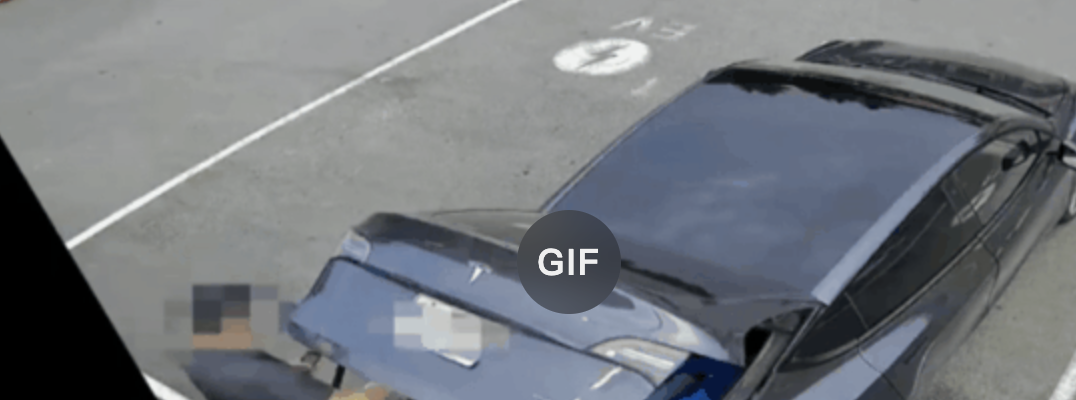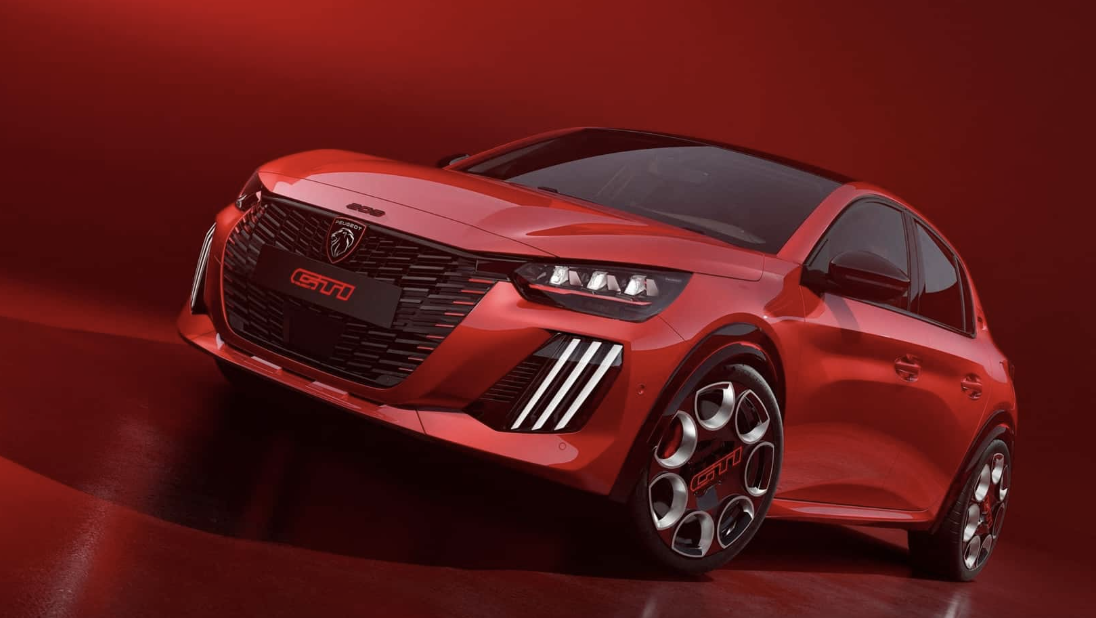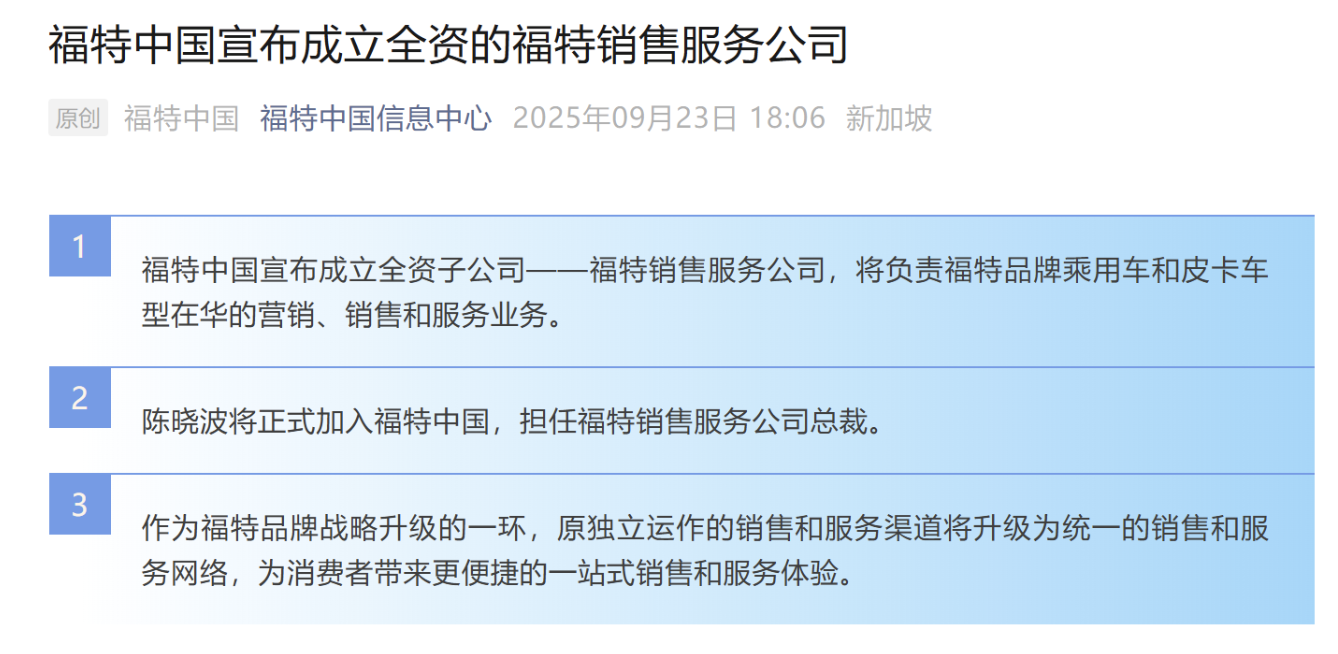On October 24, an investigation into a Tesla car charging explosion incident that occurred in Hope, British Columbia, Canada, last year was released. A viral video showed the car owner preparing to leave the charging station after connecting the car to the charger when the vehicle’s rear suddenly exploded. The impact knocked the car owner to the ground, though they fortunately only sustained minor injuries.

According to Canada’s CTV News, the official investigation conducted by Technical Safety BC revealed that the incident was caused by the owner’s use of a third-party adapter. While charging at a third-party station, the adapter short-circuited with the charging cable, leading to the explosion.
The car owner told investigators that they had been using the adapter for about two years and had used it approximately 50 times without any issues before the explosion. The adapter was produced and sold by A2Z EV, a company based in Montreal.
A2Z EV’s CEO, Amine Zitour, responded by stating that the company had contacted the car owner on the day of the incident and had cooperated with Technical Safety BC and the charging station operator to investigate the root cause. The investigation ultimately concluded that the explosion “stemmed from a fault in the charging station’s battery pack.” Normally, such a fault would trigger the charging station to shut down automatically, but this did not occur in this case.
However, in terms of responsibility, since the adapter chosen by the car owner was not certified in Canada (as the certification system had not been established when the owner purchased the adapter), it is difficult to pinpoint a specific party at fault.
In response, Bob Porter, president of the Vancouver Electric Vehicle Association, pointed out that although many similar products are available online, “not all products meet North American safety standards.” He further emphasized that individual users should “spend a little more money to choose certified charging equipment.”



